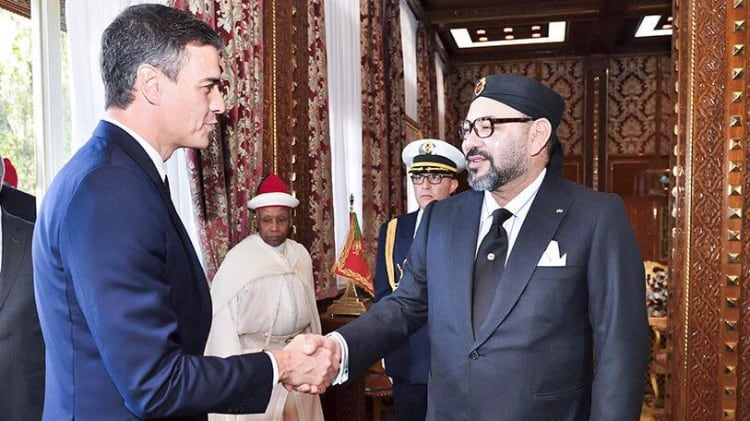The Diplomat
The Spanish Government yesterday congratulated Rodrigo Chaves on his victory in the second round of the presidential election in Costa Rica.
In a communiqué issued by the Ministry of Foreign Affairs, the government conveyed “its best wishes for success” to Chaves and also congratulated the population “for the exemplary development of the electoral process, both in the legislative elections and the first round of the presidential elections on 6 February, as well as in this second round”.
The government indicates that the way in which the electoral process has been carried out “demonstrates Costa Rica’s indissoluble commitment to democracy”.
It also assures that “Spain will continue to promote the strategic relationship with Costa Rica, based on profound shared values and in favour of the well-being and prosperity of our peoples, both bilaterally and in the Ibero-American and multilateral spheres”.
Rodrigo Chaves, considered right-wing, won the elections with 52.9 per cent of the vote, compared to 47.1 per cent for his rival, José María Figueres, of the centrist National Liberation Party (PLN), in an election marked by an abstention rate of more than 40 per cent.
The president-elect thus reversed the results of the first round, in which former president Figueres won. The second round had to be held because neither candidate passed the 40 per cent threshold during the first round in February.
Chaves is a 60-year-old economist who worked for more than 30 years at the World Bank and was finance minister in the current government of Carlos Alvarado for 180 days between 2019 and 2020. He is scheduled to take office on 8 May.
One of the first announcements made by Chaves is that he will appoint an ambassador to Nicaragua, a country in which Costa Rica has had no diplomatic representation since 2018, in protest at the actions of Daniel Ortega’s regime. The president-elect was in favour of maintaining relations with Nicaragua, although he indicated that if that country is expelled from the OAS (Organisation of American States), he would think about what to do.







